What It's Like To Study In The Multicultural Land Of India
Last updated on 2024-05-20 14:38:33 by Ak.das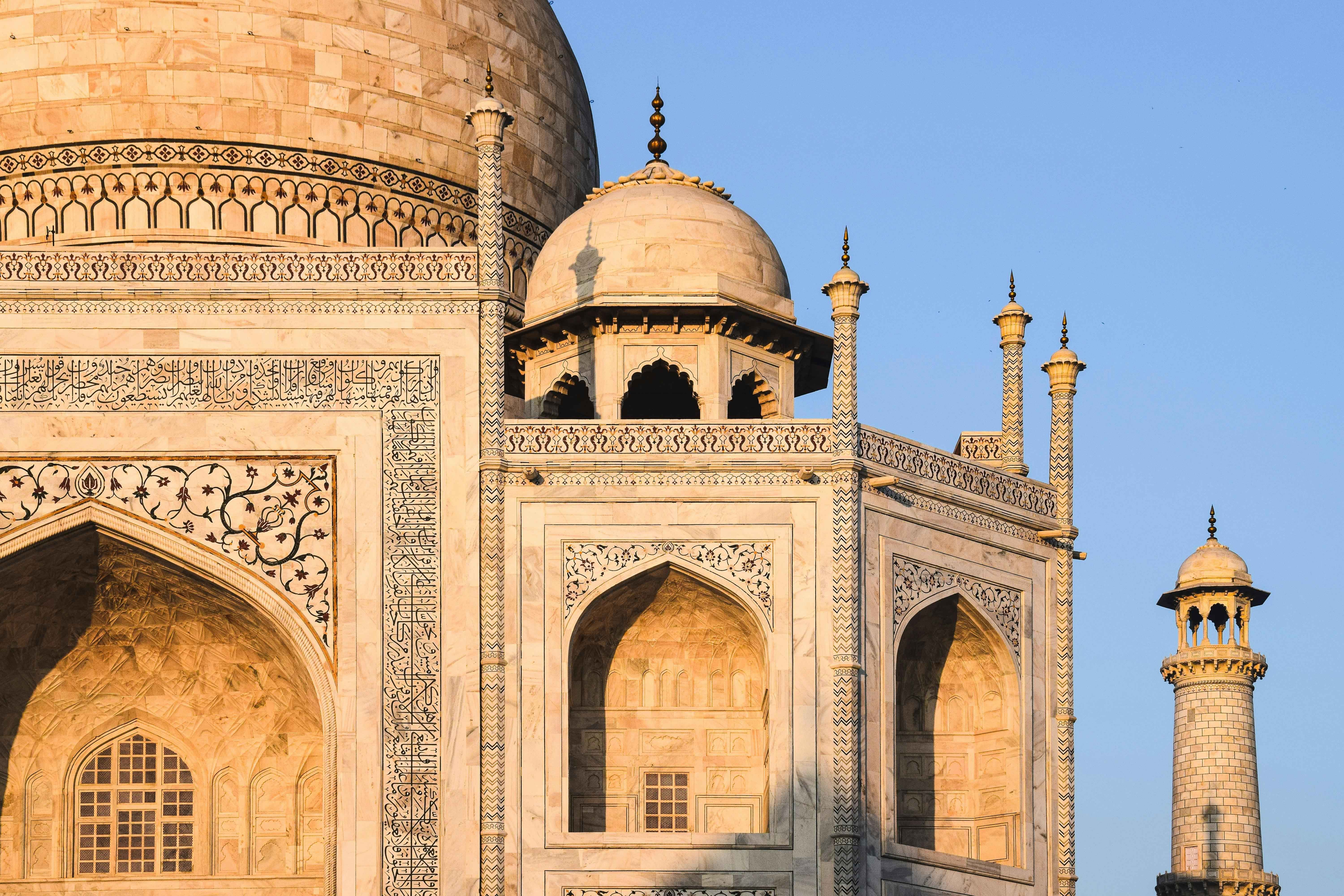
Studying in India is a unique experience that combines academic pursuits with rich cultural immersion. India, known for its vast diversity in languages, traditions.
Studying in India is a unique experience that combines academic pursuits with rich cultural immersion. India, known for its vast diversity in languages, traditions, and religions, provides an educational landscape that is as varied and dynamic as its people. The experience of studying in this multicultural land is not just about acquiring knowledge but also about understanding and appreciating the rich tapestry of Indian culture.
Academic Environment
India boasts a wide array of educational institutions, ranging from prestigious universities like the Indian Institutes of Technology (IITs) and Indian Institutes of Management (IIMs) to a multitude of public and private colleges. The country’s education system is structured and rigorous, with a strong emphasis on both theoretical knowledge and practical skills.
-
Diverse Courses and Specializations: Indian universities offer a broad spectrum of courses in fields such as engineering, medicine, humanities, business, and the arts. This diversity allows students to choose paths that align closely with their interests and career goals.
-
Quality of Education**: Institutions like the IITs and IIMs are globally recognized for their excellence. Many Indian universities collaborate with international institutions, ensuring that students receive an education that meets global standards.
-
Competitive Exams: Entry into top-tier institutions often requires passing highly competitive exams like the Joint Entrance Examination (JEE) for engineering or the Common Admission Test (CAT) for management studies. These exams are rigorous and demand a high level of preparation, fostering a culture of discipline and hard work among students.
-
Research Opportunities: India has been increasingly focusing on research and development. Students, especially at the postgraduate level, have ample opportunities to engage in cutting-edge research projects, often with funding and support from government bodies and private organizations.
Cultural Immersion
Studying in India means being immersed in a society that is a melting pot of cultures, languages, and traditions. This multicultural environment enriches the student experience in several ways:
-
Language Diversity: India is home to 22 officially recognized languages and hundreds of dialects. While English is the medium of instruction in many higher education institutions, students often find themselves learning and using other Indian languages, enhancing their linguistic skills and cultural understanding.
-
Festivals and Traditions: Indian festivals are celebrated with great enthusiasm and provide students with opportunities to participate in various cultural activities. From Diwali, the festival of lights, to Holi, the festival of colors, and Eid, these celebrations foster a sense of community and belonging.
-
Cuisine: The culinary diversity in India is a treat for the senses. Each region has its own unique cuisine, offering a variety of flavors and dishes. For students, this means a daily adventure in tasting and experiencing new foods.
-
Art and Music: India has a rich tradition in arts and music. Students can explore classical dance forms like Bharatanatyam and Kathak, or enjoy musical genres ranging from classical ragas to Bollywood hits. Many institutions also offer extracurricular activities that allow students to engage with these art forms.
Social Dynamics
The social dynamics in India are complex and multifaceted. Understanding these dynamics is an integral part of the educational experience:
-
Inclusivity and Diversity: Indian society is diverse in terms of religion, caste, and ethnicity. This diversity is reflected in the student population, promoting an environment of inclusivity and mutual respect. However, students also become aware of the social challenges and inequalities that exist, fostering a sense of social responsibility.
-
Community Engagement: Many educational institutions in India emphasize community service and social initiatives. Students often engage in projects aimed at rural development, education for underprivileged children, and environmental conservation. These activities help students develop empathy and a sense of civic duty.
-
Global Perspectives: With an increasing number of international students choosing India for their education, campuses are becoming global villages. This multicultural mix encourages students to exchange ideas and perspectives, broadening their global outlook.
Personal Growth and Development
Studying in India contributes significantly to personal growth and development:
-
Adaptability and Resilience: Navigating the complexities of a new and diverse cultural environment fosters adaptability and resilience. Students learn to manage different cultural expectations and lifestyles, skills that are valuable in an increasingly globalized world.
-
Independence: For many students, especially those from other countries or distant parts of India, studying away from home is their first major step towards independence. Managing finances, dealing with bureaucratic processes, and living independently all contribute to personal growth.
-
Building Relationships: The friendships and networks students build during their time in India can be lifelong. These relationships often span across different cultures and backgrounds, providing a rich network of connections.
-
Critical Thinking: The educational system in India encourages students to think critically and analytically. Classroom discussions, debates, and research projects challenge students to question assumptions and develop well-rounded viewpoints.
Challenges
While studying in India is rewarding, it also comes with its set of challenges:
-
Bureaucracy: Navigating the administrative processes in Indian institutions can be daunting due to bureaucratic red tape. Students often need to be patient and persistent to get things done.
-
Infrastructure: While many institutions have state-of-the-art facilities, some may face infrastructural challenges, especially in rural areas. This can affect the overall learning experience.
-
Cultural Adjustment: Adjusting to a new cultural environment can be challenging. Students may experience culture shock and need time to acclimatize to the different social norms and practices.
-
Workload: The academic workload can be intense, especially in competitive courses. Balancing studies with other aspects of life requires effective time management skills.
Conclusion
Studying in the multicultural land of India offers a rich blend of academic rigor and cultural immersion. The experience is transformative, equipping students with knowledge, skills, and a profound appreciation for diversity. While challenges exist, the personal and professional growth that comes from overcoming them is invaluable. In essence, studying in India is not just an educational journey but a comprehensive life experience that shapes individuals into global citizens.
Course
How It Feels To study In Top-Notch University?
Let's Get Surrounded By Professional Educators.
Isn't It Great To Expand Our Knowledge In A Well Known University?
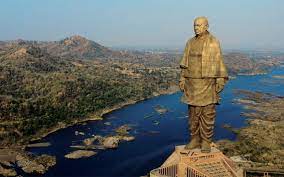
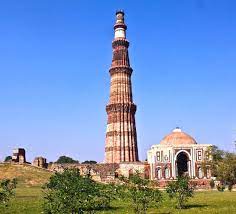
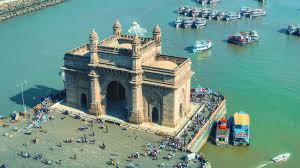
Example Title

Contrary to popular belief, Lorem Ipsum is not simply random text. It has roots in a piece of classical Latin literature from 45 BC
Published date : 2024-07-04 05:24:34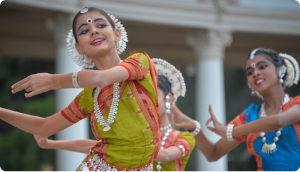
Contrary to popular belief, Lorem Ipsum is not simply random text. It has roots in a piece of classical Latin literature from 45 BC
Published date : 2024-07-04 05:24:01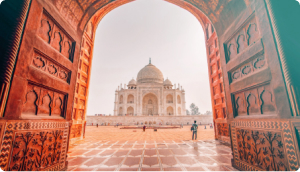
Contrary to popular belief, Lorem Ipsum is not simply random text. It has roots in a piece of classical Latin literature from 45 BC
Published date : 2024-07-04 05:23:24
Contrary to popular belief, Lorem Ipsum is not simply random text. It has roots in a piece of classical Latin literature from 45 BC,
Published date : 2024-07-04 05:22:52